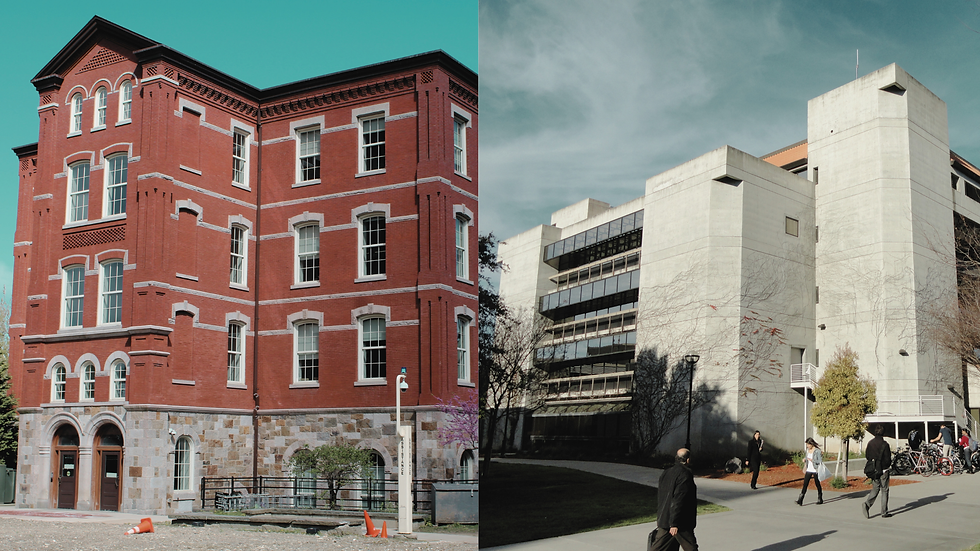Iran Frees More than One Thousand Foreign Prisoners, but Not VUB Ahmadreza Djalali
- Ebby Abramson
- Apr 29, 2020
- 2 min read
Updated: Mar 12, 2022
Iranian authorities released around 1,000 prisoners earlier this week in an effort to curb the spread of COVID-19 in Iran’s overpopulated prison system.
However, Ahmadreza Djalali, an Iranian-Swedish citizen and scholar of disaster medicine, was not one of the thousand, according to Wies De Graeve, director of Amnesty International.
As we reported previously, Djalali underwent an operation in Tehran’s Taleghani Hospital on October 17, 2019. The surgery caused him to develop a compromised immune system.

The 45-year-old professor, who taught at the European Master in Disaster Medicine (EMDM) in Italy—a joint master’s program of the Università degli Studi del Piemonte Orientale and the Vrije Universiteit Brussel—was arrested while visiting his family in Tehran in April 2016 on charges of “collaboration with a hostile government.” Djalali was later accused of providing information to Israel to aid in the assassination of several senior nuclear scientists and, following a closed trial, was sentenced to death on October 20, 2017. The Iranian government has disclosed no evidentiary basis for these allegations, and Djalali has denied them, declaring that his ties to the international academic community are the real reasons for his incarceration.
“His condition has not changed as far as we know and remains poor,” said De Graeve. “He has still been sentenced to death and his health is still poor.”
Amnesty continues to plead Djalali’s case and keep him in the public eye, De Graeve continued, because that seems to be the only reason Djalali has still not had his sentence carried out.
Endangered Scholars Worldwide calls upon the Iranian government to immediately and unconditionally release Djalali and to respect, guarantee, and implement the provisions and principles of human rights as specified in international conventions and treaties.




